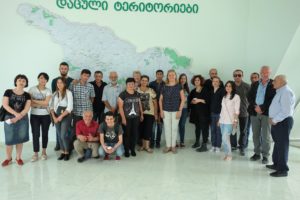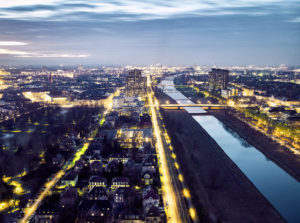
Les femmes pêcheuses construisent la justice climatique et l’égalité de genre dans le delta du Saloum
Promouvoir une transition énergétique juste, ancrée dans l'action locale
4800 femmes pêcheuses dans le delta du Saloum au Sénégal mènent une transition climatique et énergétique face à la montée des eaux, la salinisation des sols, la surpêche industrielle et l’accroissement agressif de l’industrie de farine de poisson. Leurs pratiques de pêche artisanale créent non seulement des emplois locaux, mais elles nourrissent également les populations les plus vulnérables et permettent la survie économique de nombreuses familles.
Grâce à l’appui de l’association Enda Graf Sahel, ces femmes restaurent et développent une pêche durable et des pratiques économes en énergie pour la transformation des coquillages de mangrove et des petits poissons comme la sardinelle. Elles ont été formées pour combiner la collecte des coquillages avec le reboisement des mangroves et l’ensemencement des arches ou palourdes, activités indispensables à la préservation de l’environnement et la régénération des ressources. Et maintenant, les femmes utilisent des fours collectifs améliorés et plus de 200 foyers domestiques économes en énergie pour cuisiner, fumer, sécher et transformer le poisson et les crustacés. Les foyers nécessitent moins de bois, ce qui réduit les émissions de CO2, les risques pour la santé et les coûts de combustible. Elles espèrent évoluer vers des équipements entièrement alimentés à l’énergie solaire afin d’éliminer complètement l’utilisation du bois dans les pratiques de transformation.

